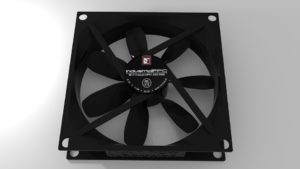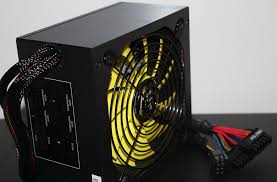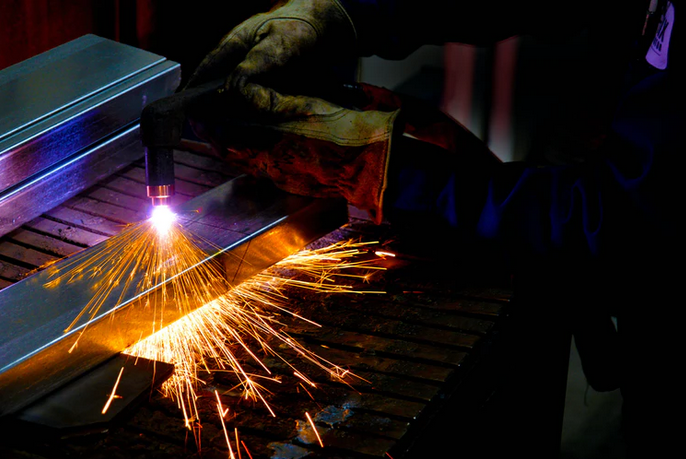The processor is one of the most important components in a computer. As such, your PC’s performance is mainly dependent on the condition of the processor. Besides having the best specs, you need to ensure that it doesn’t get heated up too quickly for it to function correctly. Therefore, choosing the right CPU cooler is essential to ensure that your computer works efficiently. By now, you should have an idea of what the investing in the best CPU cooler for your CPU means. Here are some essential factors to consider when buying a CPU cooler.
Consider the Nature of Application

Computers are designed to handle a variety of tasks. However, some applications such as gaming or graphic design tend to be demanding for the processor. If you are planning to push your processor to extreme levels, for instance, you need a high-end cooler. On the other hand, average users might consider sticking to stock coolers, as long as they remain functional. But, if you are looking to enhance the performance of your CPU, then an upgraded cooler is essential.
Look at the Cooling Mechanism
The two main mechanisms used in CPU cooling are Air Coolers and AIO Coolers. Each cooling option offers its unique pros and cons, and this means that they are designed to meet diverse cooling needs. Air coolers, for instance, are known to offer exceptional performance, but this is mainly dependent on the price you pay. On the other hand, liquid coolers are known to provide better temperatures than what the best air coolers can.
Consider the TDP Rating
 Thermal design power (TDP) is an important parameter consider when buying CPU coolers. The TDP rating is essentially a thermal design unit that seeks to determine the maximum heat generated by the computer’s CPU. Thus, when purchasing a cooler, you need to choose a cooler with a TDP rating that is equivalent to or more than that of the CPU. The rule of the thumb is to ensure that the coolers TDP rating is higher than that of the CPU.
Thermal design power (TDP) is an important parameter consider when buying CPU coolers. The TDP rating is essentially a thermal design unit that seeks to determine the maximum heat generated by the computer’s CPU. Thus, when purchasing a cooler, you need to choose a cooler with a TDP rating that is equivalent to or more than that of the CPU. The rule of the thumb is to ensure that the coolers TDP rating is higher than that of the CPU.
There are tons of factors to consider when choosing a CPU cooler. Other things to consider include clearance, aesthetics, and sound levels. You need to do your homework if at all you are to find the best CPU for your needs.




